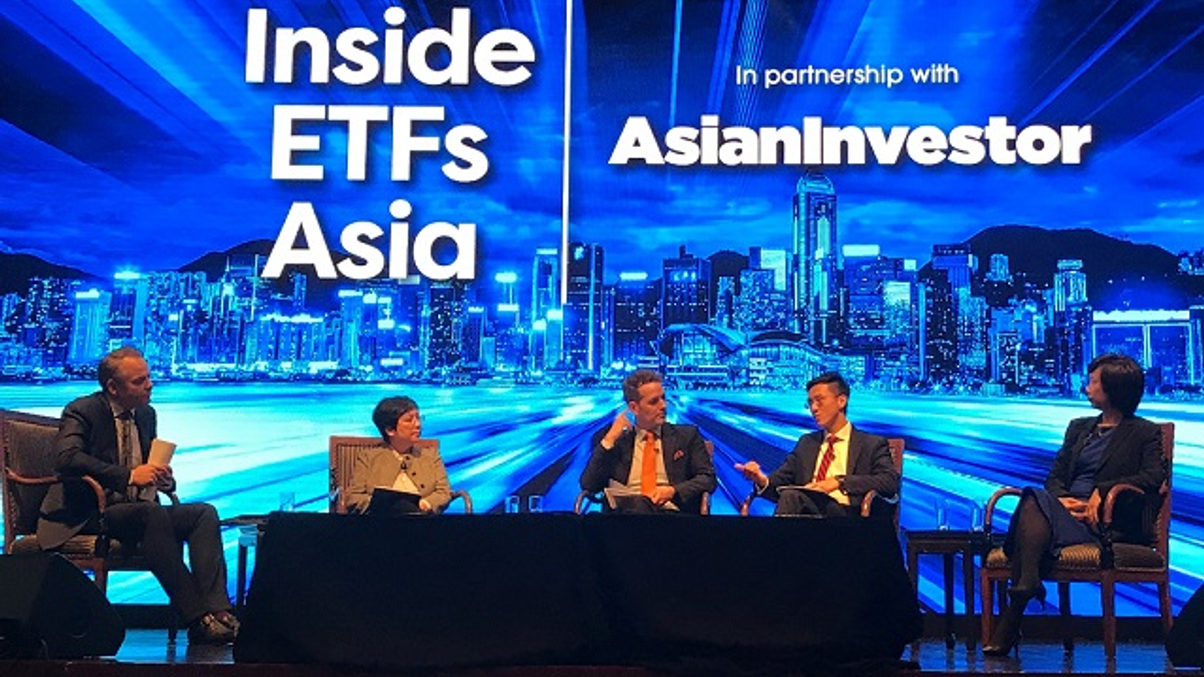Why instos like Axa stay away from fixed income ETFs
At the Inside ETFs Asia forum, index providers and portfolio managers said fixed income ETFs were becoming more popular but Axa highlighted the issues still holding them back.

Investors evidently like fixed income exchange-traded funds, despite the difficulties in replicating a bond index, but some big asset owners need more convincing if they are ever to invest in them, delegates at the Inside ETFs Asia forum heard on Wednesday.
Sign in to read on!
Registered users get 2 free articles in 30 days.
Subscribers have full unlimited access to AsianInvestor
Not signed up? New users get 2 free articles per month, plus a 7-day unlimited free trial.
¬ Haymarket Media Limited. All rights reserved.


